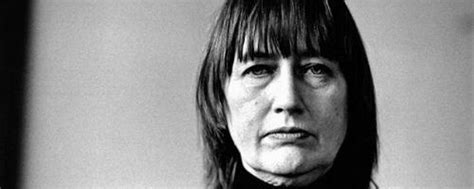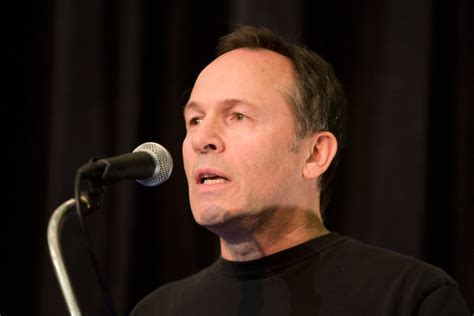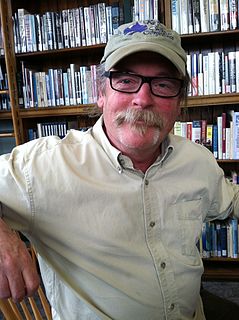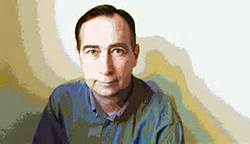A Quote by Susan Howatch
I am a lover of truth; and if you think of truth as being multifaceted and so huge that we human beings can't fully comprehend it, then obviously it makes sense to put all the facts together - to compare disciplines and try to advance the sum of knowledge by exploration and examination.
Related Quotes
There is a world of difference between facts and the truth. You can have so many facts that you don't deal with the truth. You never get to the truth. You have the places where, the people who, the times when, the reasons why, the methods how - blah blah. And never get to the human truth. The human truth is as elusive as the air. And as important as the air.
Never assume that you have attained truth. Don't make any claim to knowledge. Form no conclusion or evaluation concerning truth. The minute you do, your downfall is assured. Whenever you imagine you know something, you cease being open to the living exploration. You have closed a door and cut off the oxygen to the breathing truth.
One can delineate the domain of philosophy however one likes, but in its search for truth, philosophy is always concerned with human existence. Authentic philosophizing refuses to remain at the stage of knowledge […]. Care for human existence and its truth makes philosophy a 'practical science' in the deepest sense, and it also leads philosophy—and this is the crucial point—into the concrete distress of human existence.
All those formal systems, in mathematics and physics and the philosophy of science, which claim to give foundations for certain truth are surely mistaken. I am tempted to say that we do not look for truth, but for knowledge. But I dislike this form of words, for two reasons. First of all, we do look for truth, however we define it, it is what we find that is knowledge. And second, what we fail to find is not truth, but certainty; the nature of truth is exactly the knowledge that we do find.
Take a good long look at human beings in their actual practices and motives; bring the utmost psychological and bio-economic factors to bear on making sense of their illusions and delusions. What then would the truth have to be, such that such human beings are FIT TO KNOW IT at all, even provisionally or tentatively?
I have to say, I think that we are in some kind of final examination as to whether human beings now, with this capability to acquire information and to communicate, whether we're really qualified to take on the responsibility we're designed to be entrusted with. And this is not a matter of an examination of the types of governments, nothing to do with politics, nothing to do with economic systems. It has to do with the individual. Does the individual have the courage to really go along with the truth?
I report when science clashes with the Bible story and when it reinforces it. Then I let the readers chew on it. As followers of Jesus and students of the Bible, what we're looking for is the truth. We find it by grappling with the facts. And when the truth remains a mystery that our facts can't solve, we live with it. We hold loosely to our waffling knowledge and tightly to Jesus.


































